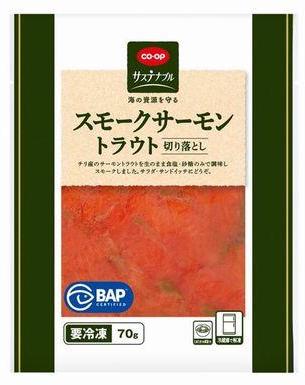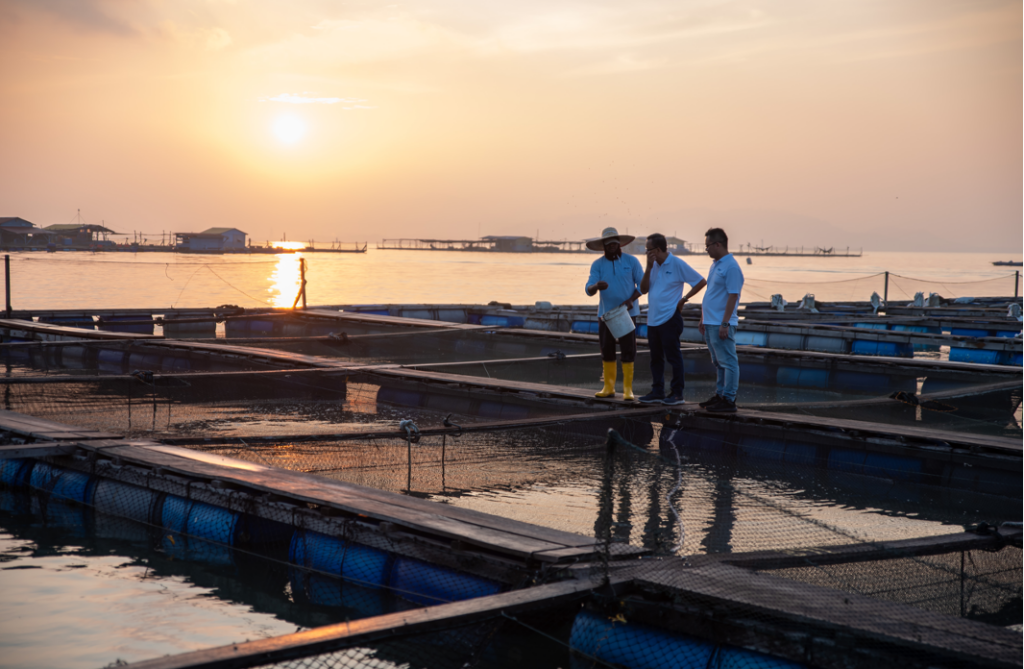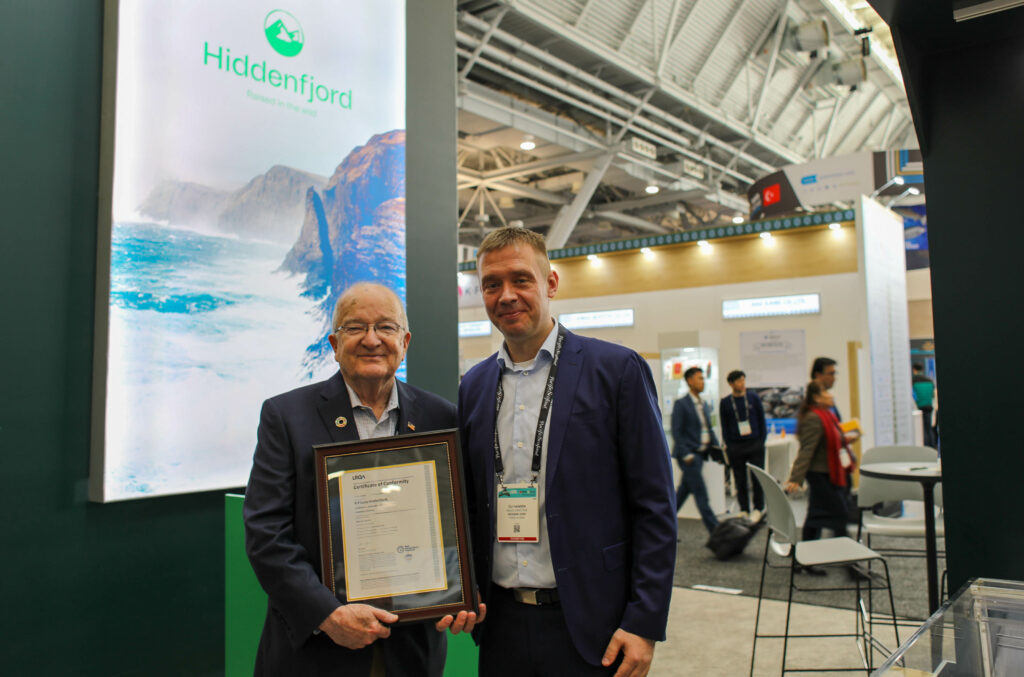Japan’s JCCU Endorses BAP with Rollout of Four-Star Smoked Steelhead
Japanese Consumers’ Co-operative Union (JCCU) is the latest Japanese organization to endorse the Best Aquaculture Practices (BAP) third-party certification program with the rollout of its first BAP-labeled product, “CO-OP Smoked Salmon Trout Cut Off.”
Beginning Oct. 1, 70-gram packages of salt-and-sugar seasoned smoked steelhead trout trimmings carrying the four-star BAP label — meaning the product was sourced from a BAP-certified farm, processing plant, hatchery and feed mill, the highest designation in the BAP star system — will be available to JCCU’s customers across Japan. The fish is sourced from Alimentos Multiexport S.A. in Chile.
The private-label product is part of JCCU’s “CO-OP Sustainable” series, which currently consists of 84 products that meet independent standards designed to protect people and the planet. JCCU is a national federation of consumer cooperatives that serve consumer cooperative societies throughout Japan. Its main function is to supply food and other necessities to its members through retail outlets and home-delivery services. JCCU was founded by Toyohiko Kagawa in 1951.
 “I would like to commend JCCU for taking this step to show their strong commitment to sourcing responsibly sourced seafood. They are among the leaders in Japanese retail when it comes to providing and educating about responsibly sourced seafood to Japanese consumers,” said Steve Hart, GSA’s VP of market development.
“I would like to commend JCCU for taking this step to show their strong commitment to sourcing responsibly sourced seafood. They are among the leaders in Japanese retail when it comes to providing and educating about responsibly sourced seafood to Japanese consumers,” said Steve Hart, GSA’s VP of market development.
Japan is an emerging market for the BAP program, with 24 organizations now endorsing the BAP program.
Through August, there were 3,102 BAP-certified farms, processing plants, hatcheries and feed mills worldwide, with the farms producing 2.68 million metric tons of seafood annually.
About Best Aquaculture Practices
Best Aquaculture Practices is a third-party certification program developed by the Global Seafood Alliance, an international, nonprofit trade association headquartered in Portsmouth, N.H., USA, dedicated to advancing environmentally and socially responsible seafood practices through education, advocacy and third-party assurances. Through the development of its Best Aquaculture Practices and Best Seafood Practices certification standards, GSA has become the leading standards-setting organization for seafood.




